Dinesh Sastry: A journey across power, policy, and global possibility
From political strategy in Washington to digital transformation in India, the man behind FIFA 2026’s media revolution has always been a step ahead of his time.
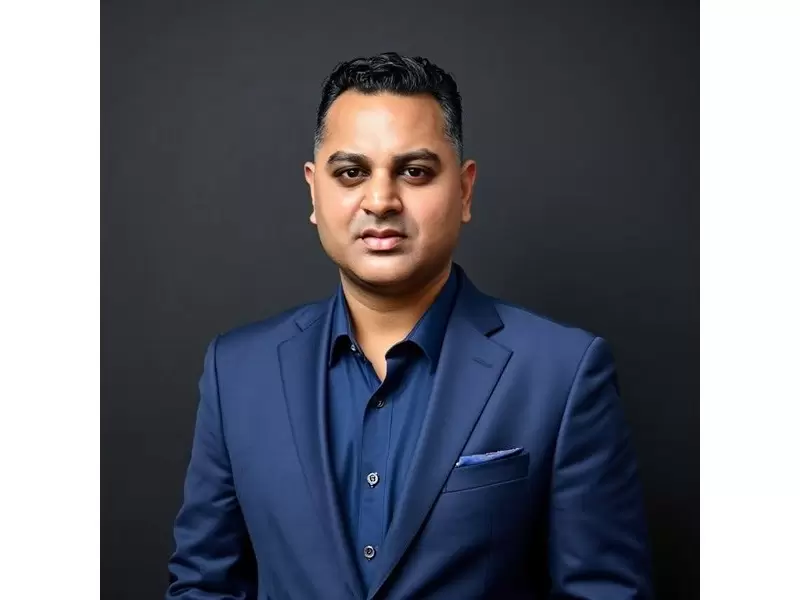 Dinesh Sastry, International Investment Strategist / Courtesy: Manvi Pant
Dinesh Sastry, International Investment Strategist / Courtesy: Manvi Pant
In every generation, there is a bridge-builder—someone who seamlessly moves between worlds that most people only read about, connects systems deeply rooted in place, and changes the narrative. For international investment strategist Dinesh Sastry, that bridge stretched across not just continents but also ideologies and industries.
Right from formulating U.S. political strategy in the Clinton era to structuring multi-million-dollar investment deals, and now shaking India’s media landscape by owning the FIFA World Cup 2026 rights, Sastry’s journey is viewed less as a career and more as a roadmap—an inspiration for global leadership in the 21st century.
Early years: Curiosity across continents
Born in San Francisco, Sastry spent two years each in Hyderabad, Andhra Pradesh, and New Delhi, followed by a year and a half in Kakinada, India. Dual exposure to deep cultural grounding at home and a fascination with the systems shaped his path.
He pursued electrical engineering and computer science at the prestigious UC Berkeley and earned a Juris Doctor specializing in corporate and securities law at Georgetown Law. His fascination with understanding how things connect, regulate, and influence outcomes continues to inform his decision-making.
This bent for analytical precision and strategic thinking defined Sastry’s approach to leadership from the very beginning. Where most saw politics, law, and finance as separate arenas, he perceived them as interconnected forces that could—and should—collaborate.
Politics and power: The Washington years
Sastry’s early career took shape in the gleaming hallways of Washington, D.C., a city that never sleeps. With every handshake, he became a trusted friend in the U.S. political and fundraising circles. He served as a trustee of the Democratic National Committee (DNC) and the Democratic Senatorial Campaign Committee (DSCC) and was ranked among the top five national fundraisers during the Clinton–Gore era.
Those years stood apart in the history of global diplomacy. Working shoulder-to-shoulder with noted U.S. presidents, Indian prime ministers, governors, and CEOs, Sastry operated like a quiet powerhouse at the intersection of finance, policy, and influence. One of his most defining moments came when Indo-U.S. relations strained following the 1998 nuclear standoff.
As an architect of soft power, Sastry helped reset the diplomatic dialogue. The curtains drew the next morning with President Clinton’s formal recognition of Diwali at the White House, a symbolic yet powerful gesture of cultural inclusion.
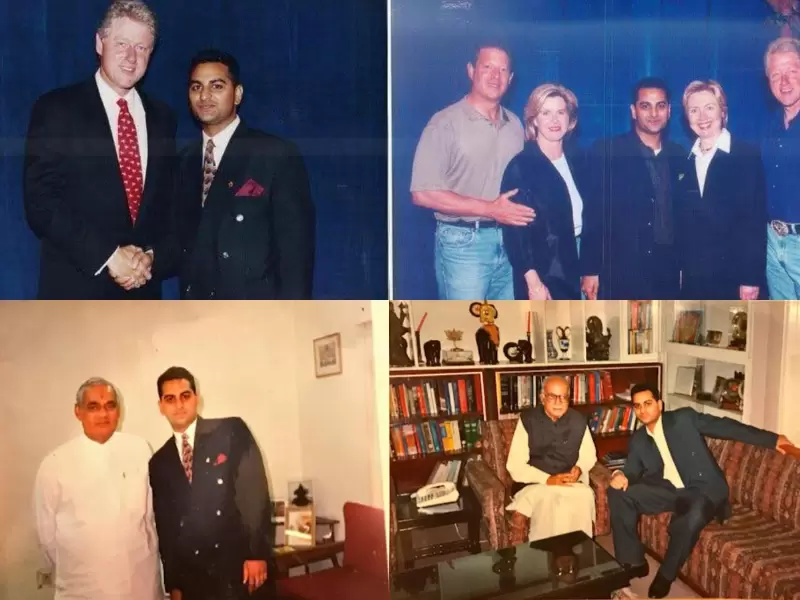 Dinesh Sastry with top leaders / Courtesy: Manvi Pant
Dinesh Sastry with top leaders / Courtesy: Manvi PantFinance, strategy, and the founding of Illuminant Capital
After working as a policy insider for some time, Sastry spread his wings to entrepreneurship and founded Illuminant Capital Holdings, LLC, a global advisory and capital introduction firm. As a capital strategist, his mission was clear – use finance as a tool for connection, not division.
Under his stewardship, Illuminant structured complex deals across leveraged buyouts, sovereign fund collaborations, and startup financing, guiding capital between North America, Asia, and Africa Among his key achievements was facilitating the first U.S.–India defense technology transfer involving the Firefinder Radar—a literal milestone in bilateral cooperation.
Very soon, his company became known for its cross-border innovation, merging American capital and Indian conviction, advising on multi-million-dollar rounds for Silicon Valley firms and venture funds, including Blackstreet Capital and Iron Pillar.
Simba Fiber: Bridging Africa’s digital divide
Sastry’s strategic brilliance extended beyond finance. As vice chairman of Simba Fiber, he championed a pan-African fiber-optic initiative designed to bring high-speed connectivity across 54 nations. ‘This was all about creating impact’ for a man who represented a new generation of Indian–American thinkers. He saw connectivity as modern empowerment.
With every opportunity, he hoped to bridge the digital divide and serve as an example of responsible partnerships that merge commercial viability with social purpose. At the moment, his portfolio spans an array of disciplines – AI, blockchain, green energy, and data analytics, all domains he considers vital to the future of human progress. He is known in his circles as a “strategist who sees technology as an extension of diplomacy.”
FIFA 2026
2025 proved to be lucky for Sastry. This year, the 53-year-old financier reached a new peak when his company, Illuminant Capital, got invited to contribute to the FIFA 2026 bid, which was won and secured by Metalloid. The FIFA World Cup 2026 media rights for India encompass broadcast, streaming, sublicensing, and audience experience.
This one move puts India in a position of strength, not just as a consumer of global sport, but also as a creative and technological partner in how it’s experienced. Recognizing the potential of this victory, India’s Prime Minister Narendra Modi, a long-time acquaintance of Sastry, requested his team to finalize a prominent American partner by Nov. 7, 2025.
Sastry charted a bold outreach strategy—initiating communication with global tech giants such as Tesla, SpaceX (Starlink), YouTube, Meta, Google Cloud, Microsoft, Amazon, and leading sports and UK football teams—to explore collaborations that merge distribution scale with AI-driven localization and monetization.
Who is Dinesh Sastry?
From a distance, he is just another human being. At a close range, he is a man of vision. Whether it is politics, finance, or technology, Sastry lives by a single principle: even one step ahead is progress.
In the ruthless and volatile world of global business & policy-making, he prefers to remain undeterred—sipping his morning coffee and enjoying the balcony view while mentally calculating how things can fit together and how he can derive more value from these narratives.
ADVERTISEMENT
ADVERTISEMENT
E Paper
Video




 Manvi Pant
Manvi Pant.png)

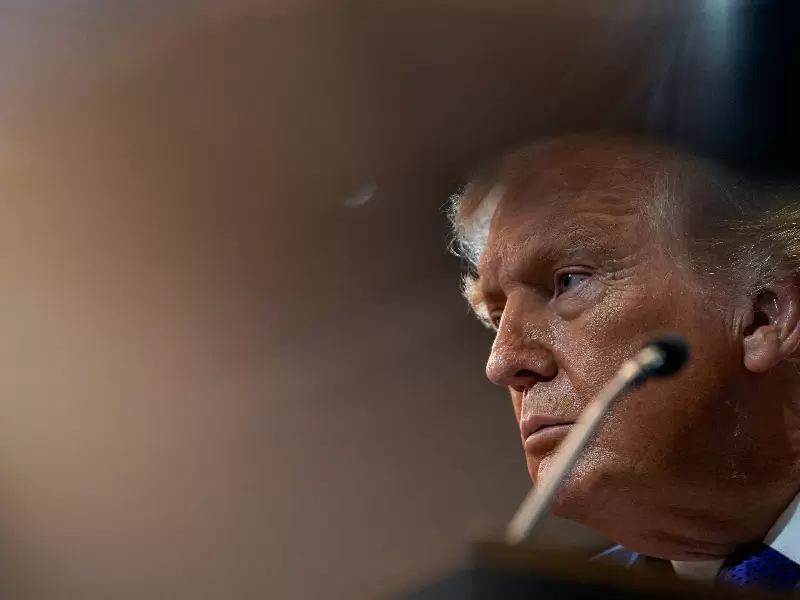

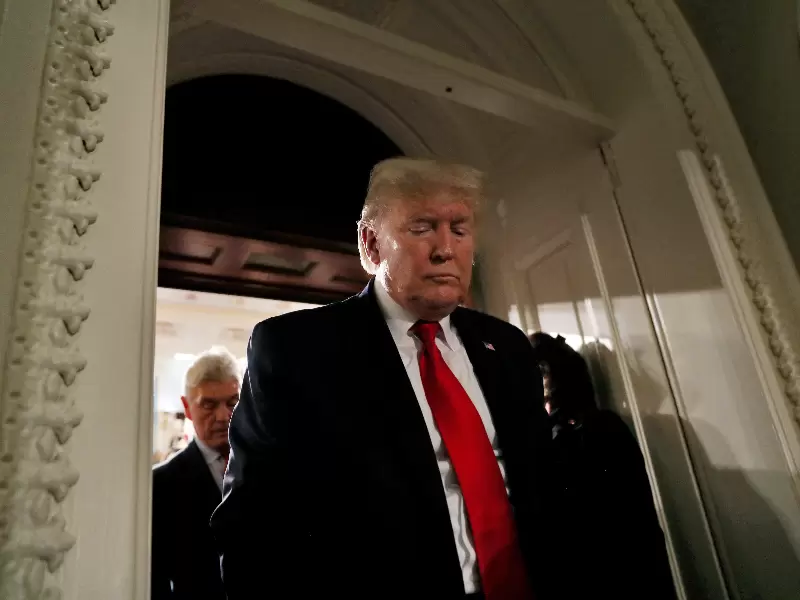
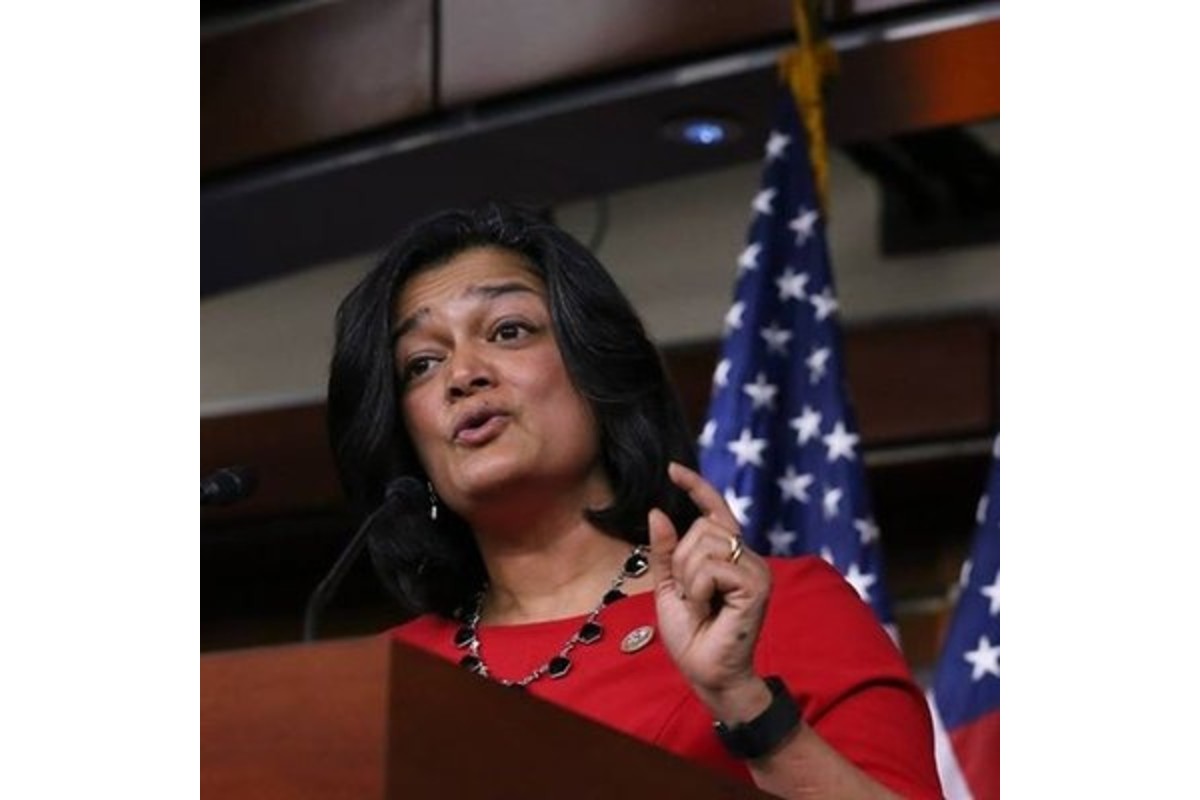

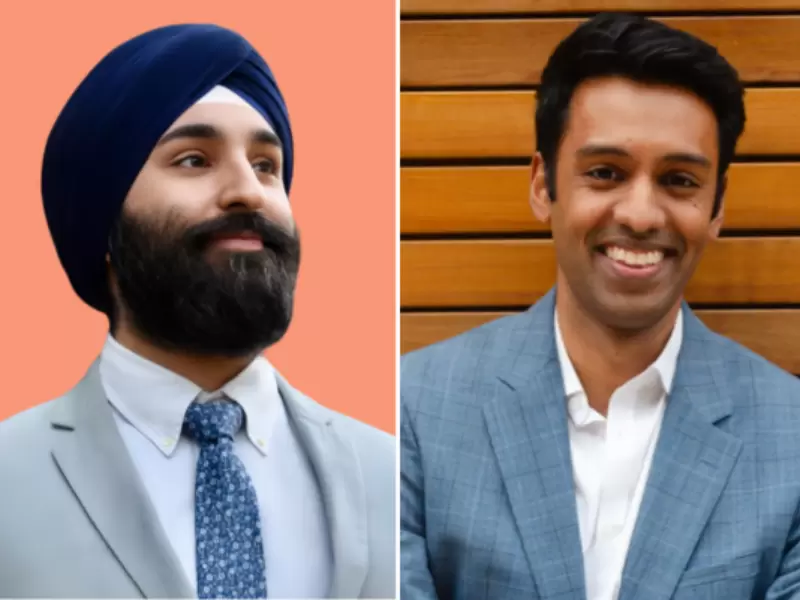
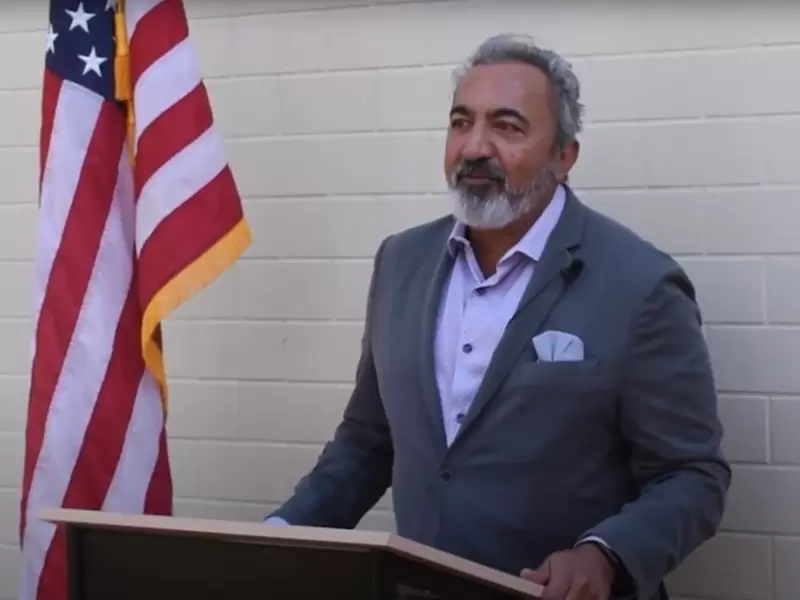
_(cropped)-1.jpg)

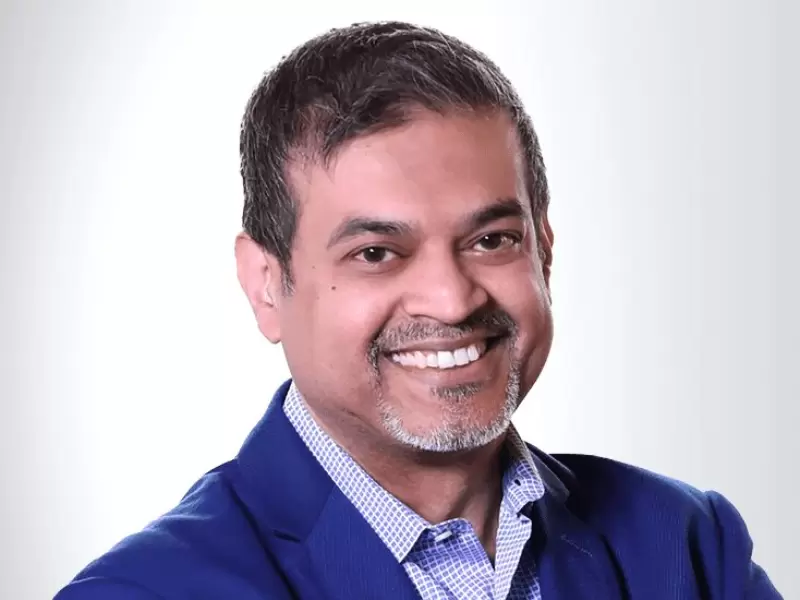


Comments
Start the conversation
Become a member of New India Abroad to start commenting.
Sign Up Now
Already have an account? Login